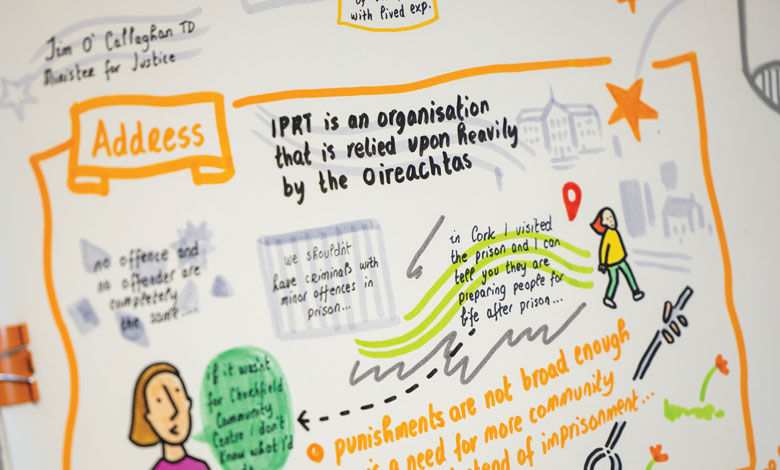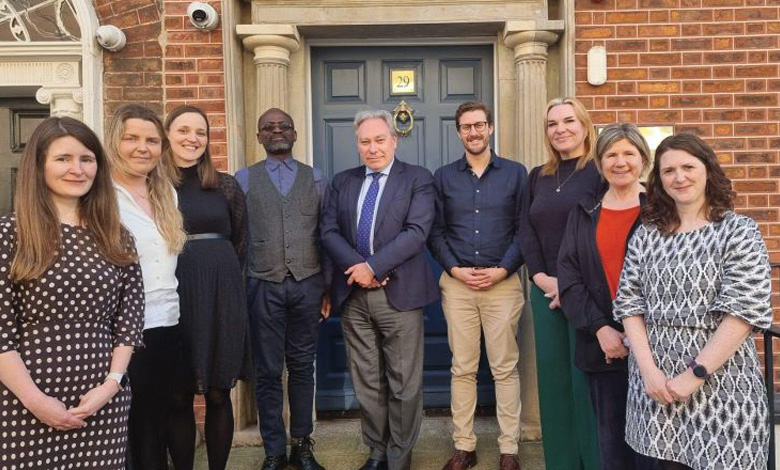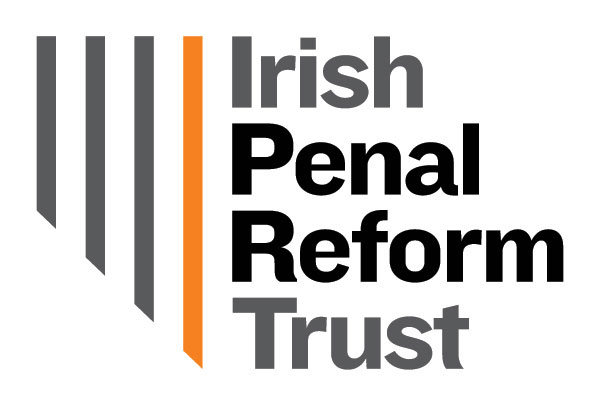Delivering the Government’s justice priorities

Earlier this year, the Irish Penal Reform Trust (IPRT) set out its priorities for the newly-formed government to improve and enhance our criminal justice system and the specific steps it should take to deliver on its Programme for Government commitments.
In particular, the Irish Penal Reform Trust (IPRT) highlighted the urgent and pressing need to ratify the Optional Protocol to the UN Convention Against Torture (OPCAT) as well as progress key legislation to support greater use of community-based sanctions.
While we have seen some green shoots of progress, these have been somewhat overshadowed by the Council of Europe Committee for the Prevention of Torture (CPT)’s report, published in July 2025 following its eighth official visit to Ireland in May 2024.
The Committee raised serious concerns around potential inhuman and degrading conditions, observing that “three or four prisoners were held in cramped, squalid spaces with insufficient ventilation”.
As well as noting the increase in inter-prisoner violence, the CPT expressed its “deep concern” about “the deterioration of physical safety” particularly noting an increase in allegations of deliberate ill-treatment by prison staff since 2019 and excessive use of force by staff, singling out Cloverhill and Limerick prisons and outlining incidents of serious concern.
It also raised the alarm around “a deeply troubling pattern of deaths in custody” including preventable deaths and the failure on the part of the Irish Prison Service (IPS) to complete adequate reviews and implement systemic learning.
The Committee particularly highlighted the situation of people with mental health issues in prison without access to adequate healthcare, women in prison, mothers and babies in prison and the treatment of people held on restrictive regimes for both security and protection, including the treatment of a transgender woman.
It also noted the problematic use of closed supervision cells (CSCs), including the routine practice of stripping prisoners naked and placing them in thin, rip-proof ponchos, which appeared to be a punitive measure.
The Committee also emphasised the impact of staff shortages on mental health and addiction teams when the prisons are already overstretched and cannot meet demand. At a recent IPRT event, the Chief Inspector of Prisons, Mark Kelly noted that during general inspections since, some of the same serious issues persisted despite being earmarked by the CPT for immediate action.
Notably, the Committee visited Ireland before we crossed the threshold of 5,000 people in prison in July 2024. Since then, the prison population has continued to grow with records being broken almost weekly. At the end of September 2025, there were 5,490 people in prison with 454 sleeping on a mattress on the floor while a further 516 were on temporary release. This situation is clearly untenable and makes it almost impossible for the IPS to comply with basic human rights standards.
However, responsibility for this crisis does not only lie at the door of the prison authorities. It must be tackled at the highest levels of government. The CPT recommended that when a prison has reached capacity, no one else should be admitted. This echoes a recommendation made by the Strategic Review Group on Penal Reform back in 2014 and while it might seem extreme to some, our prisons cannot cope with demand. Investment in alternatives to detention is the most effective way to divert people from the criminal justice system. Research and international experience show we cannot build our way out of the prison overcrowding crisis and more immediate and humane solutions are necessary.
The CPT repeated its call for the State to ratify OPCAT, an international human rights treaty that Ireland first signed in October 2007. We are now the only EU member state that has not ratified this treaty. As the State prepares to take on the EU Presidency in July 2026, we will see a flurry of legislation to ensure we are compliant with our international legal obligations. This appears like an opportune moment to ensure the Inspection of the Places of Detention Bill is enacted to allow for OPCAT ratification. Arguably, this would also strengthen our bid to become a member of the UN Human Rights Council in 2027.


The autumn legislative programme gives us some cause for cautious optimism as the Inspection of Places of Detention Bill is listed for priority drafting. We also welcome changes brought forward by Minister for Justice, Home Affairs and Migration, Jim O’Callaghan TD to expand the use of community service orders (CSO) in the General Scheme of the Civil and Criminal Law (Miscellaneous Provisions) Bill 2025, currently undergoing pre-legislative scrutiny. IPRT has long campaigned for the increased use of non-custodial sentencing options to tackle the overcrowding crisis and reduce the use of short-term custodial sentences. The proposed reforms are welcome, particularly the obligation on the court to provide reasons for its decision to impose a custodial rather than a community sentence.
We believe this bill takes us one step closer to making the principle of prison as a last resort a reality but to see real progress we must also see the Community Sanctions Bill 2014 prioritised and significant investment made in the Probation Service. In Budget 2025, the Probation Service’s entire budget of €60 million was still less than the additional €79 million granted to the IPS. Until we see a redirection of funding into the necessary services, IPRT is concerned that prison and the criminal justice system will continue to have to step in where other social services have failed.
With an overcrowding crisis overwhelming our prisons, the EU Presidency around the corner and a UN Human Rights Council bid on the horizon, now is the time for the State to take action to meet its human rights obligations to deliver meaningful criminal justice reform.
W: www.iprt.ie






